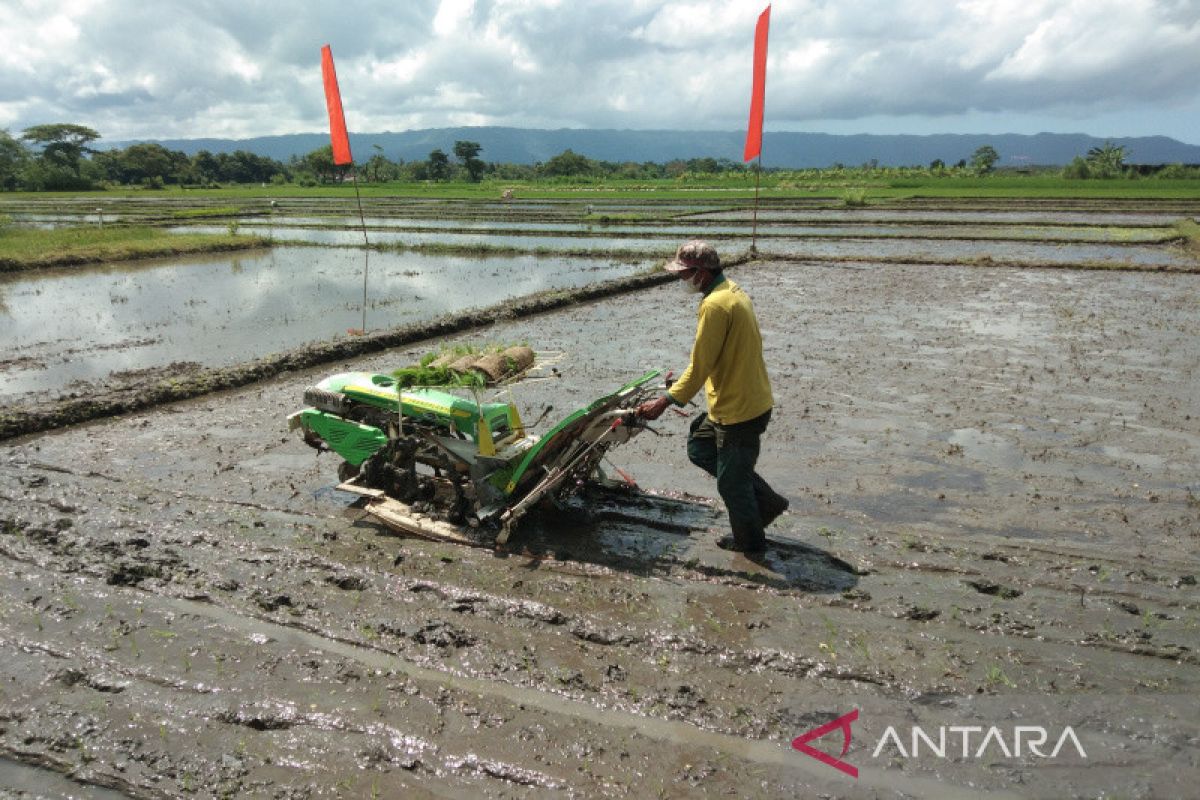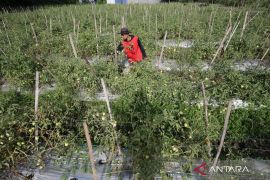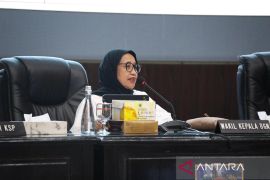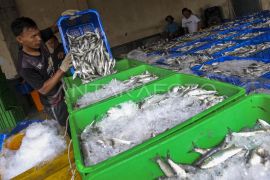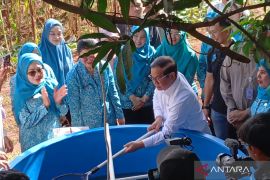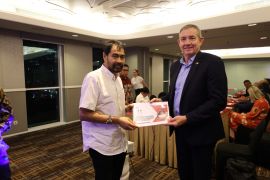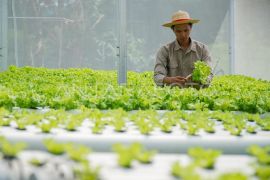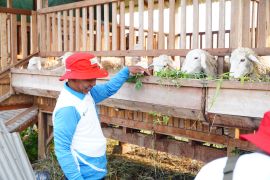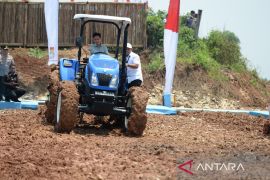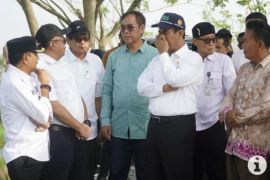What I see first is that Indonesia's production costs are still quite high as compared to other countries' production costsJakarta (ANTARA) - The Center for Indonesian Policy Studies (CIPS) stated that the cost of production in the agricultural sector in Indonesia is still high as compared to those of other countries on account of several factors.
"What I see first is that Indonesia's production costs are still quite high as compared to other countries' production costs," Head of Research at CIPS Felippa Amanta stated during a G20 discussion on Thursday.
Amanta listed the findings from CIPS' research that detailed several factors -- limited land, limited quality seeds, and limited access to fertilizers -- that were causal to the high cost of Indonesian agricultural production.
Amanta highlighted that the average farmer in Indonesia owns 0.6 hectares of land, which caused the high production costs and proved inefficient as compared to cultivating agricultural land on a larger scale.
Related news: Leading G20 to realize global food security
Indonesian farmers were also challenged by limited access to quality seeds and fertilizers. Subsidized fertilizers did not meet the needs of farmers, while non-subsidized fertilizers were expensive.
Moreover, national agricultural productivity was much lower than that of other countries.
Amanta cited coffee as one of Indonesia's leading commodities while drawing attention to the fact that it was still unable to compete with Brazil and Vietnam as the top two coffee producers in the world.
Related news: Agriculture Ministry to involve entrepreneurs in mitigating zoonosis
Low productivity, coupled with high production costs, resulted in higher selling price of Indonesian coffee that lowered its competitiveness against other countries' coffee varieties.
"If we look at the connection between productivity and the cost structure, ultimately our agricultural products are more expensive as compared to the global prices, so we are not competitive (on that scope), in terms of the quantity and price alone," she remarked.
The research also revealed that the national agricultural sector had vast potential to be developed. It could be concluded from the fact that the sector was not impacted much by the economic crisis due to the COVID-19 pandemic, unlike other sectors that had instead experienced contractions.
Related news: Jokowi lauds vaccination achievements in Semarang District
Related news: Govt bolsters strategies as Omicron wave sweeps Indonesia
Translator: Aditya Ramadhan, Mecca Yumna
Editor: Fardah Assegaf
Copyright © ANTARA 2022
